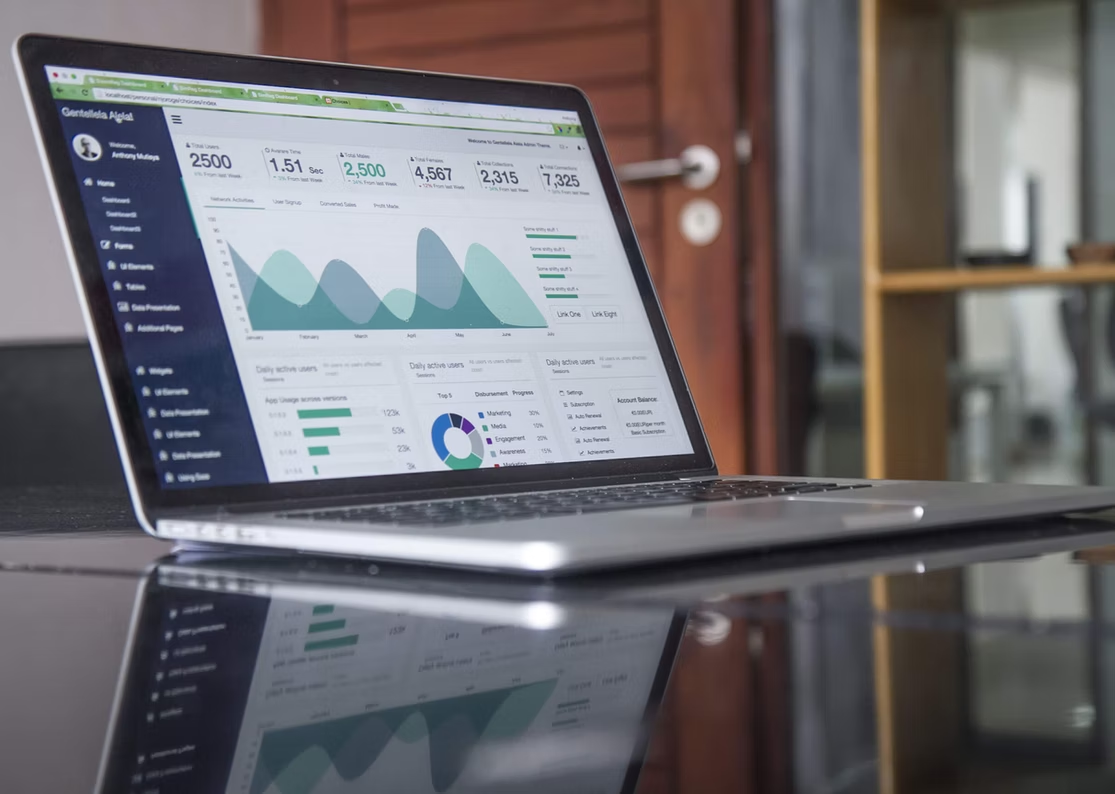
Digital technology brings new demands and challenges to the finance industry. As a result, 46% of finance businesses are implementing huge organizational changes to cope with the changing times.
You need to reinvent how your business operates to remain competitive and relevant in the market. You can do so by investing in a business intelligence solution to help your finance business grow in this digital age.
The role of business intelligence in finance is more evident nowadays thanks to the acceleration of digital transformation around the globe. Basically, it is a set of processes and strategies used to collect, analyze, and transform data into valuable insights for your finance business. This gives real-time information on different aspects of your operations to aid you in decision-making.
Business intelligence (BI) has many other benefits to offer. So read on to find out how is business analytics used in finance.
The finance market is often volatile. As a result, finance organizations usually handle huge volumes of data on a daily basis.
Without the right tools, handling such data can be overwhelming. Fortunately, business intelligence software makes it easier to access and leverage big data in your business. It can also provide you with accurate and up-to-date data in just a few clicks.
Business intelligence software provides you with tools to extract and collect different types of data in real-time. This includes financial data, customer data, market trends, and more. It then stores them in a centralized platform, making them easier to access and organize.
You can further boost your operation’s flexibility by investing in cloud-based business intelligence software so that you can access data via the internet.
BI solutions do more than gather data for your business. It can also transform these data into intelligent insights for your decision-making. Instead of handling raw data, it presents a digestible format such as a chart or graph. This way, you can gain valuable insights in just a glance.
For example, it compiles all basic information about your customers. It will then identify common patterns in their backgrounds such as age, address, and occupation. It can also determine trends in customers' behaviors such as if they are using your online services or if they are satisfied with your company. From there, the software will summarize its findings and deliver them to you via dashboards.
Likewise, it can turn data into reliable forecasts about the financial market. This allows you to apply better financial intelligence to your operations.
The finance industry involves a lot of repetitive tasks across all its departments. This can create bottlenecks in your workflows, resulting in a loss in productivity in the process. Worse, these can also affect internal communications within your organization
Fortunately, business intelligence software gives you a more comprehensive understanding of how your daily operations work. It pinpoints the sources of your bottlenecks and areas that need improvement in your workflows. As a result, you have better control over tasks and can optimize the use of resources.
Moreover, BI software makes such data accessible to everyone in your organization—from the CFO to the Junior Analyst. his improves internal communication and collaboration both vertically and horizontally.
You can also use BI solutions for your procurement process. You can extract and analyze data from your procurement process and use this information to improve it. Some examples of procurement software have built-in analytics and reporting features that you can use to leverage big data
The volatile nature of the finance market means your business often has to deal with a lot of risks. One wrong move can make or break your organization. Hence, it’s important to have a proper plan to get through the market's ups and downs.
Risk management is yet another feature that most BI finance software provides to banks and other finance businesses. Using historical and real-time data, it identifies and assesses the different risks in transactions and other key areas of your operations. It can also provide you with reliable forecasts for your future planning and decision-making.
Financial data tends to contain sensitive and private information such as credit cards, credit history, accounts, and more. Hence, banks and other finance businesses are covered by many compliances and regulations around the world. Investing in secured business intelligence software can mitigate data breaches or losses in your organization.
Other BI applications in banking also include fraud detection and analysis. Business intelligence tools can help banks identify fraud in its early stages and prevent it from happening.
Data plays a critical role in the finance industry. It helps banks and other finance businesses grow and protect them from various risks in the market. Hence, many are recognizing the importance of business intelligence in business. Through BI solutions, you can leverage data to make smarter decisions for your finance business. So if you’re still stuck with manually analyzing financial data, it’s high time that you invest in business intelligence software for your business.
Discover the most interesting topic